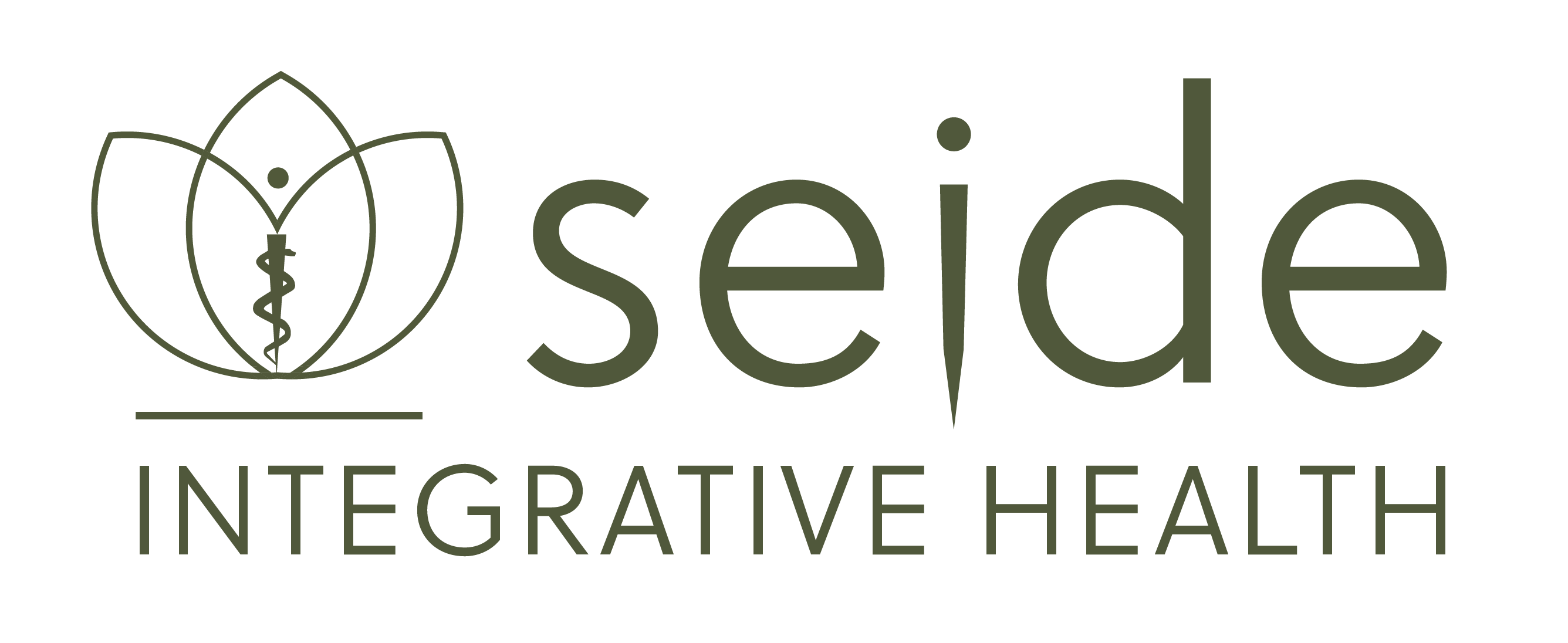Right off the bat, I’m going to say something that will raise some eyebrows amongst fellow healthcare providers…
Patient-Centered Care is a bad idea.
I’ve been in practice coming up on 30 years (including medical school), and so I’ve seen the evolution of various initiatives that later went sour; think of “Pain as the Fifth Vital Sign” and the opioid epidemic, or “Meaningful Use” that gives yet another reason to hate on your EMR.
Like these and others, “Patient-Centered Care” began with noble intentions: focus on what the patient needs, rather than the hospital or physician or pharmaceutical company.
The problem with Patient-Centered Care
At its best, Patient-Centered Care is a hollow promise.
When healthcare requires big, immobile, expensive things like MRI scanners, and chemotherapy requires trained nurses and hazmat teams in the event of spillage, then the idea that we take care of patients where they are is just not true.
No one brings the MRI scanner to the patient who lives off the grid in Wyoming. And you cannot ask that your mastectomy happen on your kitchen table.
At its worst, Patient-Centered Care makes sick people sicker, shutting them behind doors and separating them from the “well” people.
The past year of isolation has clarified for me the landscape of suffering that emerges when patients are disconnected from family, caregivers and community. I believe IV medications and invasive procedures are less effective without there also being human touch and closeness.
Technology isn’t the answer
Innovations in technology that claim to provide more customized healthcare for the user have only exacerbated the disconnect. An article in the March issue of New York Magazine, “The Therapy-App Fantasy,” describes the pitfalls when patients and providers link up only via devices, out of sync in both space and time.
Now, I admit that the COVID pandemic did open up online encounters that have been convenient, and maybe even led to better care.
A Zoom encounter with my neurologist saved me time, probably the neurologist as well, and within a week a normal MRI saved weeks of worry.
But let’s be honest…that Zoom call wasn’t just what was best for me.
It took into account the risk of exposure of people I might have encountered on the way to an in-person visit, the health of the staff in the neurologist’s office, and the financials of the institution.
So we can’t kid ourselves that the move to app or digital-based care is just about being “Patient-Centered.”
We can do better…
What we need to recognize is that Relationship is what heals.
In my own life, recalling times I was hurt or sick and what made me better evokes images of people: my mother, a high school teacher, a labor and delivery nurse, a Navy psychiatrist.
I don’t remember an antibiotic or antidepressant pill, I think of the hand that held my hair back while I vomited, eyes that softened and smiled in understanding. I know, too, that my health was inextricably entwined with theirs, that the “subject-object” rules of exchange don’t apply when it comes to healing.
Recognizing the non-duality of healthcare, it becomes difficult to parse out who is sick, who is the healer, who teaches, who receives.
Relationships exist all up and down and through: yes between patient and doctor, but also between doctor and doctor, nurse and drug researcher, CMO and lab tech, insurance company CEO and Reiki master, organic farmer and inner-city teen. We are each of us vulnerable and heroic, wearing both the open-backed gown and the white coat.
Shifting our focus
The health of each relationship needs to be at the center.
In that space, the patient isn’t isolated, the farmer earns a fair wage, the impoverished teen is nourished, the physician is not burned out.
Imagine a clinic whose providers are resourced rather than stretched to the breaking point, and how that leads to patients being seen on time, in a relaxed setting, and ultimately with better health outcomes.
Or how a partnership between unlikely bedfellows–a biotech company and an inner city school–leads to a community permaculture garden.
The focus shifts from fixing the broken ones to creating fertile ground where all can be nourished and healed.
Share with a friend
